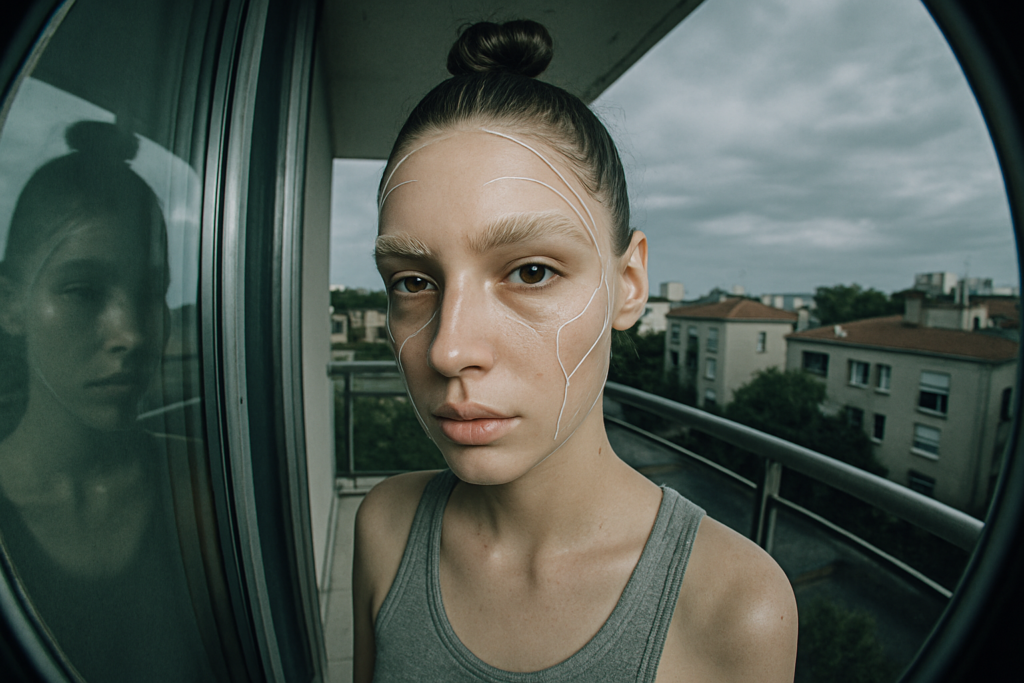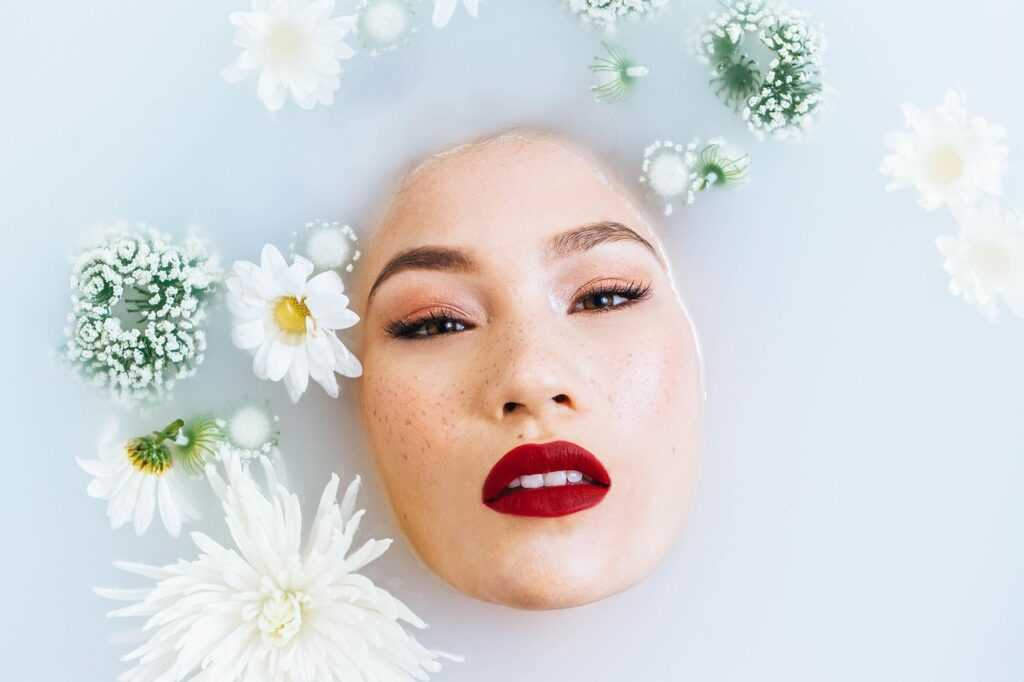If you’ve stumbled upon a new skincare product and found yourself asking, “is luvizac safe to use?”, you’re not alone. With so many new creams, serums, and supplements flooding your feed, it’s natural to be skeptical. Especially when striking branding and wild claims are thrown into the mix. Before tossing any new product into your skincare routine, it’s smart to dig deeper. Here’s the breakdown—with facts, not fear. For those wanting a full review, you can check out is luvizac safe to use to get a more comprehensive look.
What Is Luvizac?
Luvizac is marketed as a skin-enhancing product, targeting wrinkles, dryness, and aging. It’s often paired with upscale packaging and buzzwords like “anti-aging,” “bioactive,” or “microsphere hydration.” That’s the marketing. What about the ingredients?
According to the label and user discussions online, Luvizac includes ingredients like hyaluronic acid (a moisturizer), peptides (for firming), and botanical extracts (for soothing). These are fairly common in skincare—but presence on a label doesn’t guarantee effectiveness or safety. That depends on formulation, concentration, and testing.
Is Luvizac FDA Approved?
Here’s where clarity matters. Skincare and beauty products are typically regulated by the FDA—but cosmetics don’t need FDA approval before being sold. They just can’t include harmful substances or make strictly medical claims without evidence.
So is Luvizac FDA approved? Technically, it doesn’t need to be, as long as it complies with FDA standards for cosmetic products. However, there’s no public record of Luvizac undergoing independent FDA clinical trials or third-party safety studies.
So, Is Luvizac Safe to Use?
Back to our original question— is luvizac safe to use? Based on available information, Luvizac appears to use ingredients that are generally safe and widely used in the skincare industry. But here’s the key: “Generally safe” doesn’t mean risk-free for everyone.
People with sensitive skin, allergies, or skin conditions should be cautious with any new cosmetic product. Luvizac’s ingredients seem non-irritating in most reports, but reactions can vary radically from one person to the next.
Some key safety tips:
- Patch test before full use
- Review the ingredient list closely
- Don’t mix with harsh actives without understanding interactions
- Stop if any irritation or rash develops
Also, it’s worth noting that many of the online reviews for Luvizac—especially the overly glowing ones—may be sponsored or affiliate-driven. Look for user photos or neutral platforms like Reddit to gauge authentic opinions.
What Are Users Saying?
Reactions are mixed:
- Some users report softer skin and reduced dryness within the first week.
- A few mention no noticeable difference.
- The negative reviews mostly center on two things: either the product didn’t work as advertised, or it caused slight redness or breakouts.
This suggests Luvizac isn’t inherently dangerous, but it may not be universally effective. Again, this circles back to skin type—and expectations. If you’re hoping for instant results or a wrinkle-free miracle, you’re going to be disappointed.
Transparency and Trustworthiness
Another factor in evaluating if Luvizac is safe to use is company transparency. Good skincare companies disclose full ingredient lists, manufacturing practices, batch testing, and how they source their raw materials.
Luvizac offers most of this up front on its website, though it lacks third-party endorsements or visible dermatology certifications. This doesn’t mean it’s unsafe, but it’s also not as gold-standard verified as some legacy brands.
If safety is your top concern, always lean on brands willing to put their science, sourcing, and testing on full public display.
Natural Doesn’t Mean Harmless
Just because Luvizac includes botanical ingredients doesn’t mean it’s automatically safer. Toxicity isn’t limited to synthetic chemicals. Many common plant-based ingredients can trigger allergies, rashes, or even flare-ups if you’re prone to sensitivities.
So while it’s good to see ingredients like chamomile, aloe, or green tea extract—don’t assume they’re safe for everyone in all concentrations.
What’s the Bottom Line?
So— is luvizac safe to use? For most people with no known sensitivities and a typical skincare routine, it likely is. The product contains recognized, mainstream, and relatively mild ingredients. But safety isn’t one-size-fits-all. It’s personal. And skincare doesn’t operate on guarantees—it operates on probabilities and individual response.
If you’re curious to try it, follow smart-use practices:
- Start slow
- Monitor results
- Don’t skip a patch test
- Stay alert to any change in skin texture or comfort level
Most importantly, keep your expectations realistic. Great skin is more about consistent habits and less about chasing miracle products.
Final Thought: Trust, but Verify
Always ask questions, read labels, and use a bit of skepticism—especially with trending beauty products. Luvizac doesn’t raise major red flags, but that doesn’t mean it’s the right product for every face. Make decisions with your skin in mind—not marketing campaigns.
For a deeper look into user experiences and details on what’s inside, don’t miss the complete breakdown at is luvizac safe to use.


 Creative Director at Divine Glamour Trail, is the visionary behind the platform, which is dedicated to bringing readers the latest trends in hairstyles, beauty, and skincare. With a passion for timeless fashion and expert style guidance, George provides tips, secrets, and updates that empower individuals to enhance their personal style. His platform is a go-to source for anyone looking to stay ahead in the fashion game, combining modern trends with timeless elegance to help readers feel confident and look their best.
Creative Director at Divine Glamour Trail, is the visionary behind the platform, which is dedicated to bringing readers the latest trends in hairstyles, beauty, and skincare. With a passion for timeless fashion and expert style guidance, George provides tips, secrets, and updates that empower individuals to enhance their personal style. His platform is a go-to source for anyone looking to stay ahead in the fashion game, combining modern trends with timeless elegance to help readers feel confident and look their best.
